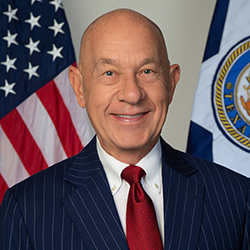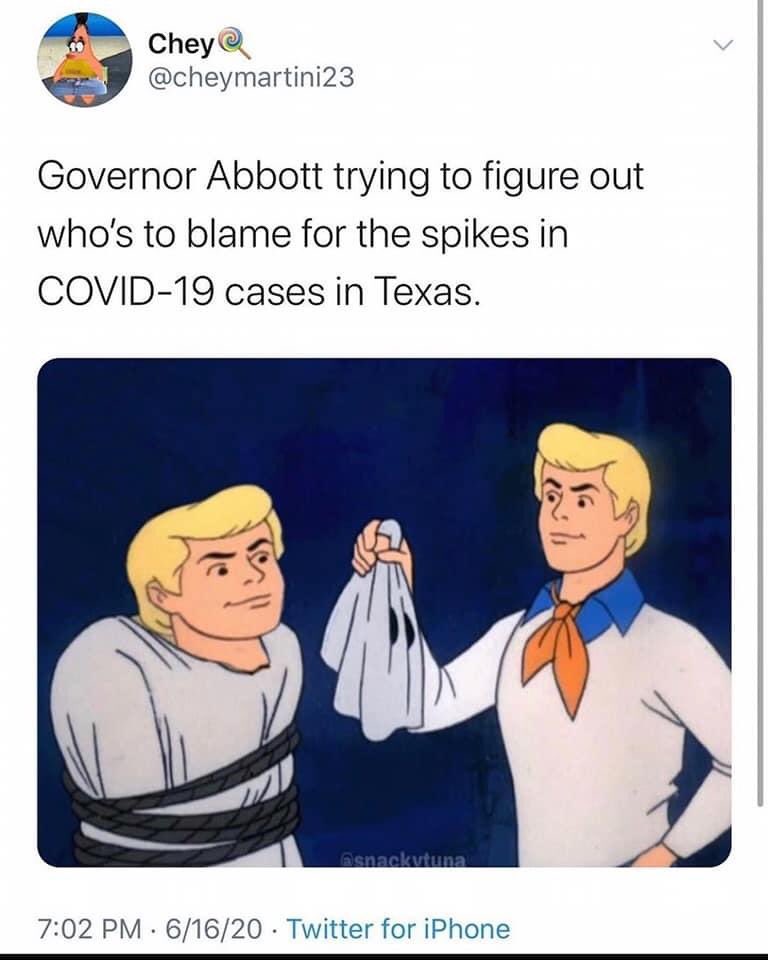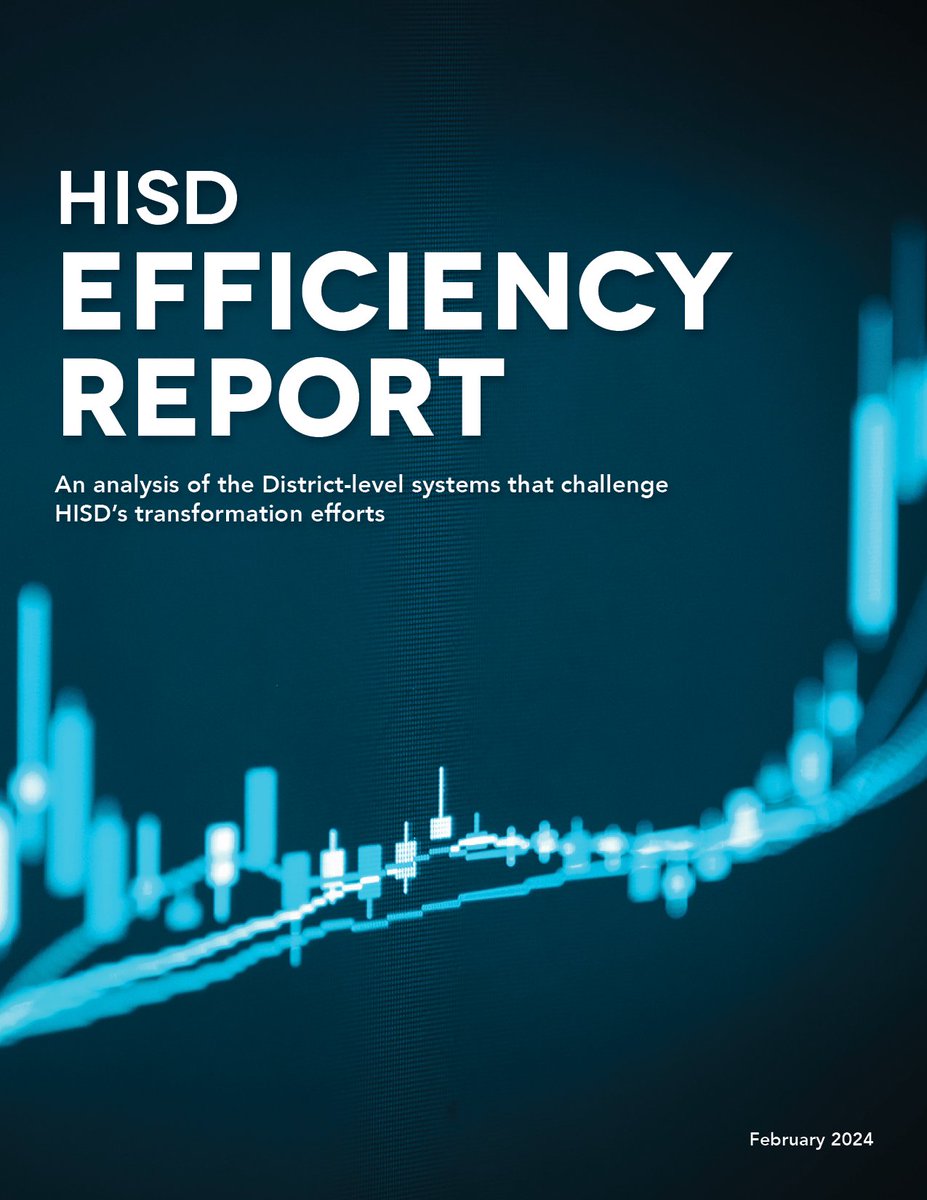This is a weekly feature produced by my friend Ginger. Let us know what you think.
This week, in news from Dallas-Fort Worth, we have a grab bag of election news, school news, Dallas city politics, school district news, eclipse news, and zoo babies.
This week’s post was brought to you by Apple Music’s Celtic Essentials playlist, in honor of the North Texas Irish Festival, where I hope to spend a significant part of my weekend.
Also, if you haven’t voted early, please get out and vote in the primary election on Tuesday.
Let’s get right into the grab bag of news for this week, starting with primary news:
- D Magazine tells us Dallas County had a very low turnout in the first few days of early voting. And our local NBC affiliate reports that early voting turnout has generally been low. I fulfilled my civic duty over the weekend and my library, where I voted, said they had good turnout, but we’re also in a well-off neighborhood in northeast Dallas.
- D Magazine also a list of primary races to look at in case you’ve lost the plot.
- KERA also has a piece on the Democratic primary for Dallas County Sherriff.
- Axios has one on the Democratic primary for Senate.
- The Dallas Observer has one on Julie Johnston’s race for CD 32 in the Democratic primary.
- I don’t know what to make of this piece about sign stealing in CD 12, specifically White Settlement, but either they’re going to name the “high ranking employee of Lockheed Martin” who supposedly stole the O’Shea/anti-Goldman sign and it’s going to become a thing, or it’s going to vanish without a trace.
- You may remember that Tim O’Hare and the Tarrant County commissioners didn’t want to pay for rides to the polls for the primary because it’s not their job. Turns out Trinity Metro is going to pay for the rides themselves. Good for them.
- Ken Paxton is going after a bunch of North Texas school districts for electioneering: Denton, Frisco, Denison, and Castleberry. Apparently they crossed the line by talking about candidates who oppose vouchers.
- Our old friends Mr. Dunn and Mr. Wilks have been throwing a lot of money around in the Republican primaries this year. Here’s a piece about how they’re financing challengers to incumbents in the House who voted to impeach Ken Paxton. They’re also sending attack mailers against the current Tarrant County Tax Assessor-Collector. In my own neighborhood they’re sending attack mailers against Morgan Meyer, who was one of the House impeachment managers. Those two and their money, currently in the form of “Texans United for a Conservative Majority PAC” are everywhere. Look for a nastygram in a mailbox near you if your legislator isn’t sufficiently right-wing or hasn’t bent the knee to Ken Paxton.
- Speaking of Collin County’s favorite: if you’ve read about John Cornyn’s announcement that he’s running for Senate Minority Leader in November when Mitch McConnell steps down, you’ve probably noticed Paxton all but announcing he’s primarying Cornyn in 2026. See variations on this theme from NBC, the Star-Telegram, and Axios.
- Also speaking of Ken Paxton and his litigious ways, he’s now suing a bunch of local DFW venues for refusing to allow off-duty cops entry while carrying. While I have not yet managed to go to the State Fair, I’ve been to shows at both the Texas Trust CU Theater in Arlington and the Factory in Deep Ellum. Honestly nobody needs to be carrying in either of those places. I’d be more worried about a drunk cop shooting somebody than a cop being unable to defend citizens from some sort of criminal during a show. As always when we need to change a stupid or just plain bad law, we’re going to have to vote the current people out of office first.
- The DMN tells us that Texas is 47th of 50 states for woman-friendliness, according to a recent study. To which I, a woman, say, “duh”. In a not entirely unrelated matter, the Star-Telegram has an op-ed about how we need to pay the Lege more to get more women to run.
- You may remember last week we talked about the Sexual Assault Response Team report that’s required by Texas law. Dallas County has now turned in its SART report, two months late and a few dollars short. I’m disappointed but not surprised.
- Here’s an explainer about the politics of affordable housing from KERA.
- To the surprise of nobody who has been watching the shenanigans around Dallas City Manager T.C. Broadnax’s resignation, Broadnax’s chief of staff, Kim Tolbert was named his interim replacement. As noted in the article, the vote was 14-2; Mayor Johnson missed the meeting. The DMN has a couple of editorials worth reading on the topic of City Manager: one on what they want in the next City Manager and one on why Broadnax failed which doesn’t hesitate to point a finger at Mayor Johnson for his part in the mess at City Hall.
- While the Mayor couldn’t make the meeting to appoint an interim City Manager, he did find time to sit in on Ted Cruz’s podcast. Priorities.
- The Dallas City Council approved a $2.5 million settlement with the estate and family of Tony Timpa, who died in 2016 after a DPD officer knelt on his back. Imagine what we could do in a world where we didn’t have to spend money defending cops who kill and then spend more millions compensating the estate and family of their victims.
- I mentioned last week that Tarrant County’s public health chief was forced out. Based on this Fort Worth Report follow-up, it looks like this is part of the turnover resulting from Tim O’Hare and company taking charge of the commissioner’s court.
- Here’s a story about fracking in Arlington that I have mixed feelings about. The locals were willing to sell or lease mineral rights when there was money involved, but actual drilling is a step too far. That said, nobody in their right mind wants to live near a fracking zone and they deserve their chance to have their say about it in advance. And, as always, I’m gonna die mad about the state refusing to let municipalities outlaw fracking in their city limits.
- This is a story I had to hear about from the Guardian: Fort Worth wastewater treatment facilities are dumping forever chemicals into the water table and it’s putting ranchers in the area out of business.
- The DMN has two explainers about parking minimums one about why the city wants to kill them and another about how they can drive up housing costs. I think it’s safe to say they’re all in on ditching parking minimums, which makes sense since the grip of developers on Dallas’ public institutions is slightly looser than that of their Houston counterparts, but not much.
- Demographic based school closures are hitting Richardson ISD, where my home is zoned. Local blogger Mark Steger tried to figure out a better way to handle one closure but discovered his initial impulse was wrong. This is a problem we’re seeing across districts in North Texas, and presumably everywhere else, and is worth keeping an eye on.
- Fort Worth ISD has just approved a new abstinence-based sex ed curriculum. The Star-Telegram has details on what kids will be learning. Unsurprisingly this has been a controversial process with a lot of protestors on both sides. The last item in particular is worth your time if you’re interested in sex ed as a topic.
- Keller ISD has also courted controversy this week by cancelling performances of The Laramie Project, a play based on the gay-bashing murder of Matthew Shepard in 1998, at Timber Creek High School. Unsurprisingly, the next board meeting was full of upset folks on both sides plus folks who were concerned about that Dutch evangelical film crew being allowed to film in one of the high schools we covered here recently. This is what happens when you basically flip your school board on the suggestion of Patriot Mobile and its friends.
- A couple of items related to next month’s eclipse: what you’ll need in terms of glasses and how terrible the traffic is going to be. I have a friend who’s flying out of DFW that night and I’ve already warned her to expect delays. Not in North Texas proper but also relevant: Bell County, which is in the path of the totality, is concerned enough about the strain on resources eclipse tourism will bring that they’re declaring a state of emergency ahead of the eclipse.
- February was Black History Month, and we got a variety of interesting stories about Black history in North Texas. Here are a few:
- Dallas City Council has approved a code reform to make it harder to demolish small historic homes. This has been an issue because historic homes in Black neighborhoods have often been too small for protection under the now-repealed ordinance.
- Parkland’s new chief of staff is Black and was born in the hospital when it was segregated. Segregation isn’t that far in the past, folks. Dr. James Griffin also has an op-ed in the DMN about his appointment. Congratulations, Dr. Griffin.
- This article gets a content warning for reasons that will be obvious. One of the horrible parts of Black history in Texas is how many Black men and women were lynched. Allen Brooks was lynched in downtown Dallas in 1910 and postcards of the murder were printed and sent nationwide. The article contains photographs of the postcards, so please consider whether you want to click through.
- Fort Worth is preserving its Black history and creating more opportunities to celebrate it. The city has designated the remaining buildings in a Black neighborhood as Historic and Cultural Landmarks, protecting them from demolition. And in addition to the Juneteenth Museum, Fort Worth is planning both a Center for Arts and Community Healing in the former home of the Fort Worth KKK and a separate African-American Museum and Cultural Center.
- Fort Worth has a music festival that it wants to make its answer to SXSW: Fort Worth Music Festival at the Stockyards. The Star-Telegram has an article about Tim Love’s work on the festival. In addition to being a backer, he’s also the chef behind one of my favorite restaurants in Fort Worth, Woodshed Smokehouse, and one of the names behind the food at the ACL Festival, so he knows what he’s doing.
- I’m not familiar with Allsup’s, but I am ready to try their gas-station food the next time I see one on a trip outside of DFW. Apparently their burritos and chimichangas are legendary on the order of kolaches from West.
- Related, on the food front, the Star-Telegram offers their verdict on the best BBQ in town. It’s not all the Texas Monthly picks, either. They offer five old-school picks that I’m not familiar with but will go on my list for future trips to that side of the Metroplex.
- Last, but definitely not least, enjoy three zoo babies from the Dallas zoo. We have twin emperor tamarin moneys and a Bolivian grey titi monkey for your oohing and awwwing needs.















